Supported by the ECR Research Culture and Community Grant, Tom Cousins (Faculty of Health, Environment & Medical Sciences) recently organised a public lecture and book launch to celebrate the publication of research on the Swash Channel Wreck. This event served as a major milestone for a project that has spanned Tom’s entire career at Bournemouth University, from his time as an undergraduate and postgraduate student to his current role as a full-time member of the technical staff.
A Celebration of Maritime Archaeology
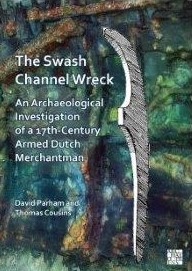
The Swash Channel Wreck Book
The event, held at Talbot Campus on 28 January 2026, featured a well-attended public lecture and celebrated the launch of a new book by Dave Parham and Tom Cousins. The session featured an in-depth presentation on the Swash Channel Wreck, a 17th-century Dutch shipwreck first located in 1990 and rediscovered in 2006. As one of the most complete shipwrecks of its kind outside the Baltic, the site offers rare insights into 17th-century ship construction and life on board.
Combined with a display of archaeological finds, the event showcased years of research to members of the public and the wider BU community, including the University Executive Team and the Vice-Chancellor. The presentation was followed by a wine reception, allowing attendees to view the artifacts first-hand and discuss the findings
Beyond the university, the launch brought together long-term stakeholders from government agencies, harbour authorities, and museums. It was a reminder that the project was a shared effort, involving divers, students, and partners across two countries. Seeing everyone reunite to mark the publication, highlighted the project’s lasting significance for BU’s maritime archaeology and all who contributed to its journey.

Presenting the history of the Swash Channel Wreck during a public lecture, followed by a networking session where researchers, stakeholders, and the public gathered to celebrate the project’s milestone.
Supporting the Research Community
The launch was a collaborative effort that directly supported the development of early-career researchers and postgraduate students. Several PGRs and ECRs assisted in setting up and managing the day, providing them with valuable opportunities to network with members of the public, industry professionals, and senior university leadership.
Tom described the overall experience as “Interesting, welcoming, and collaborative,” noting that the greatest benefit was the opportunity to share this significant research with both the BU community and members of the public.
Apply for the ECR Research Culture and Community Grant
Do you have an idea for an event or initiative that could strengthen the research culture at BU? We invite you to follow in Tom’s footsteps and apply for funding to bring your project to life.
Find out more and submit your application here: Research Culture and Community Grant
Closing date 4pm, Monday 9 March 2026
If you would like to discuss your ideas before submitting your application, please contact Enrica Conrotto, Researcher Development Manager, at researcherdevelopment@bournemouth.ac.uk
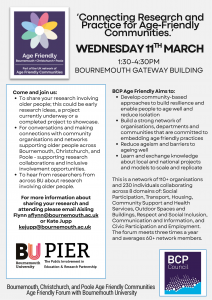

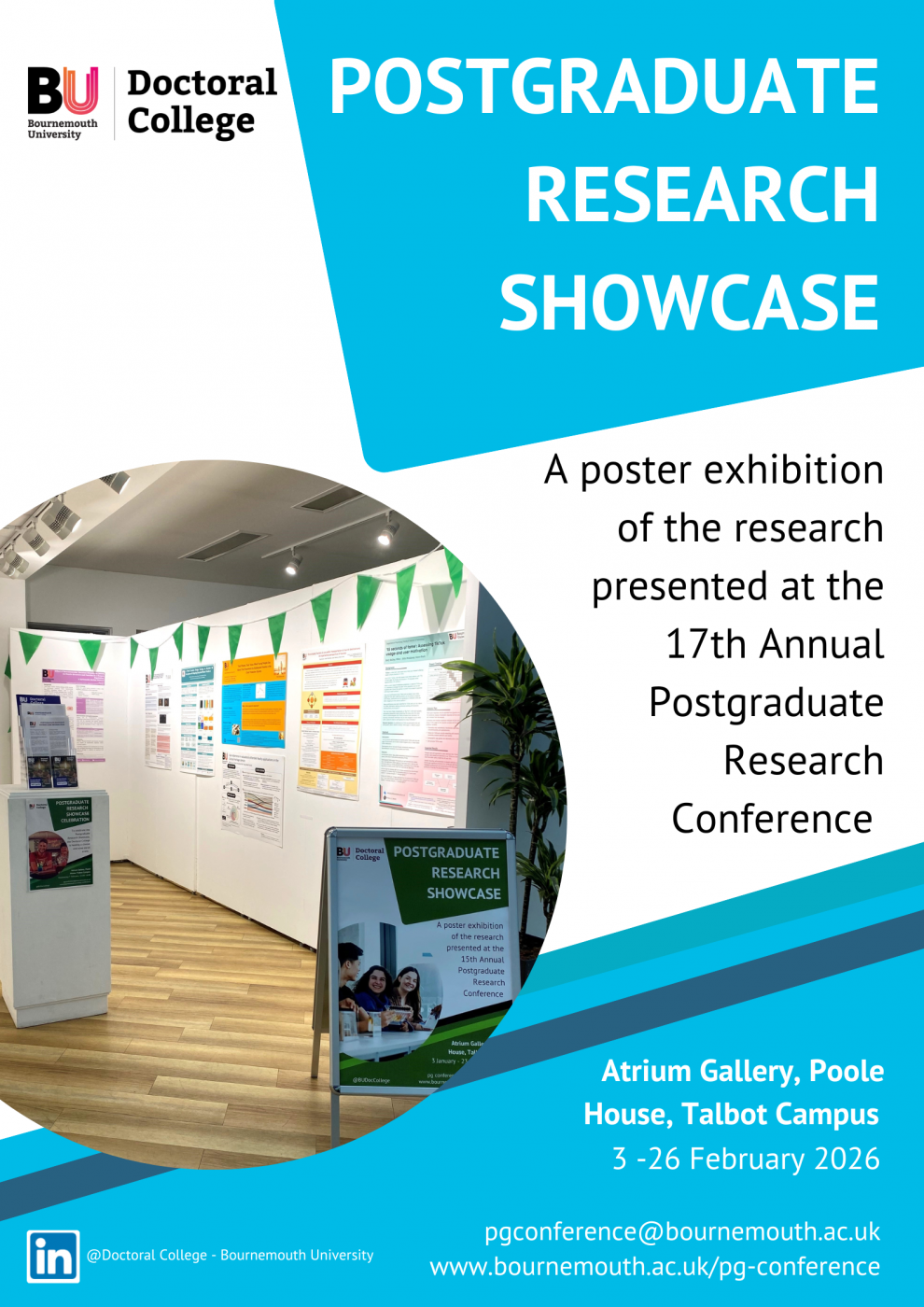

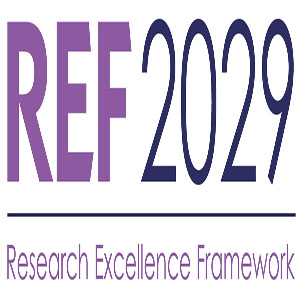
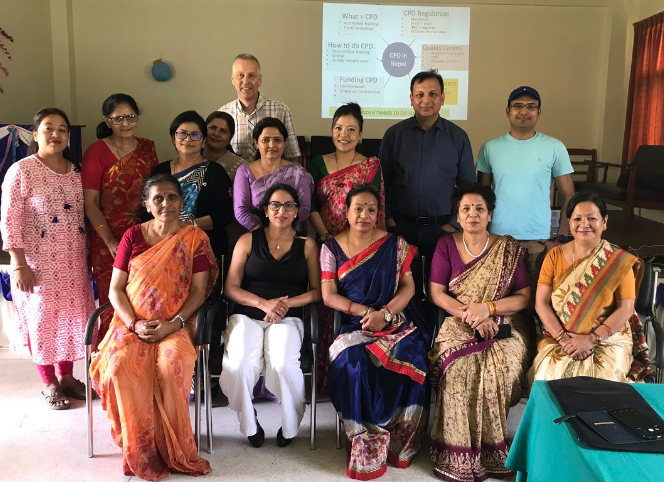




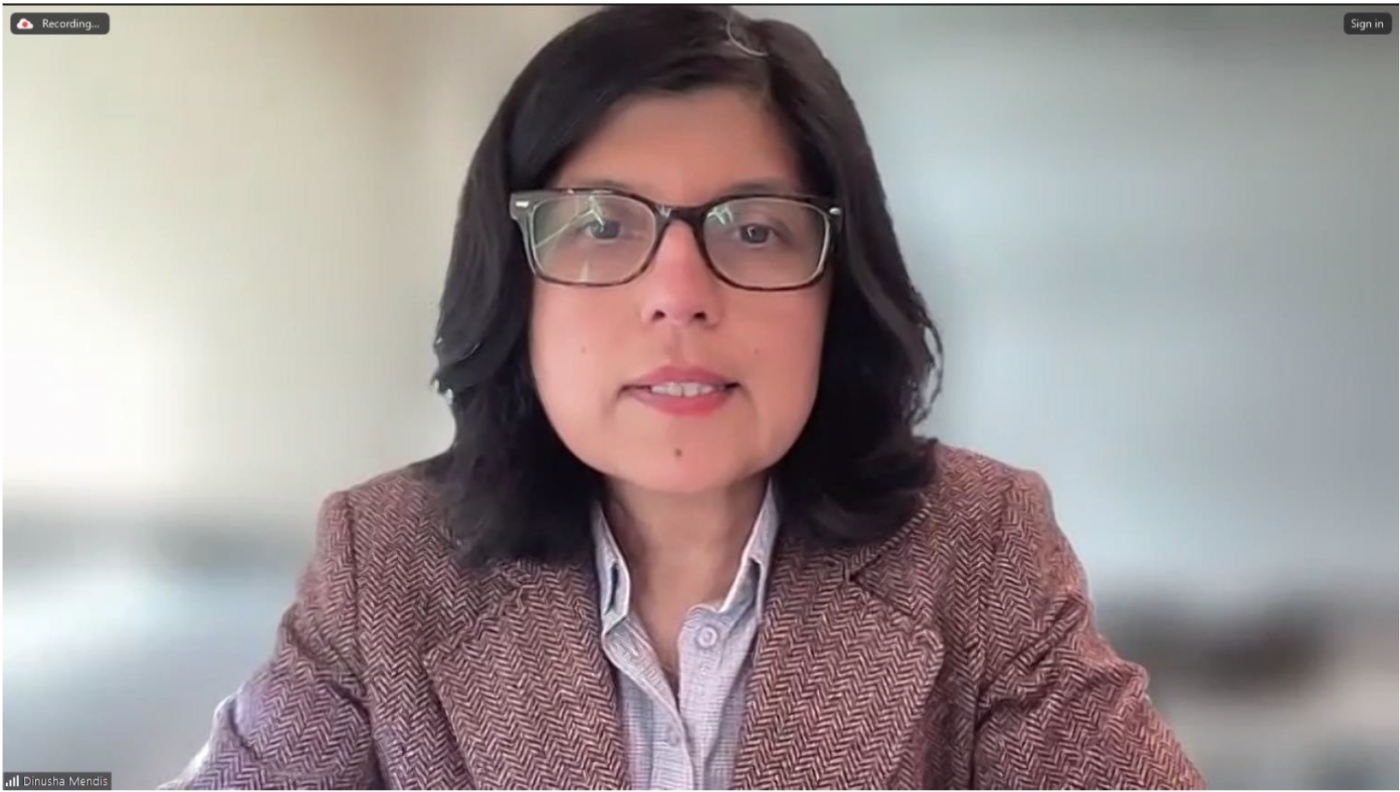

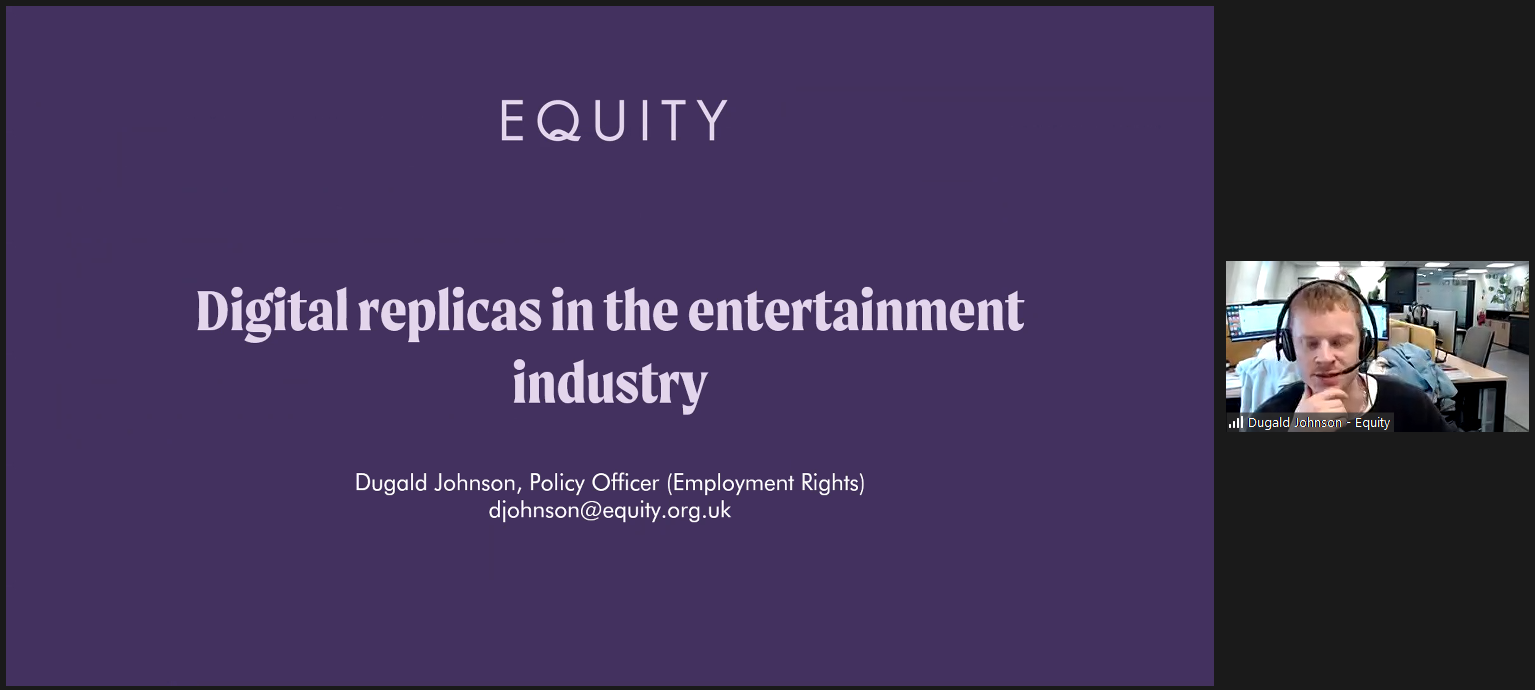





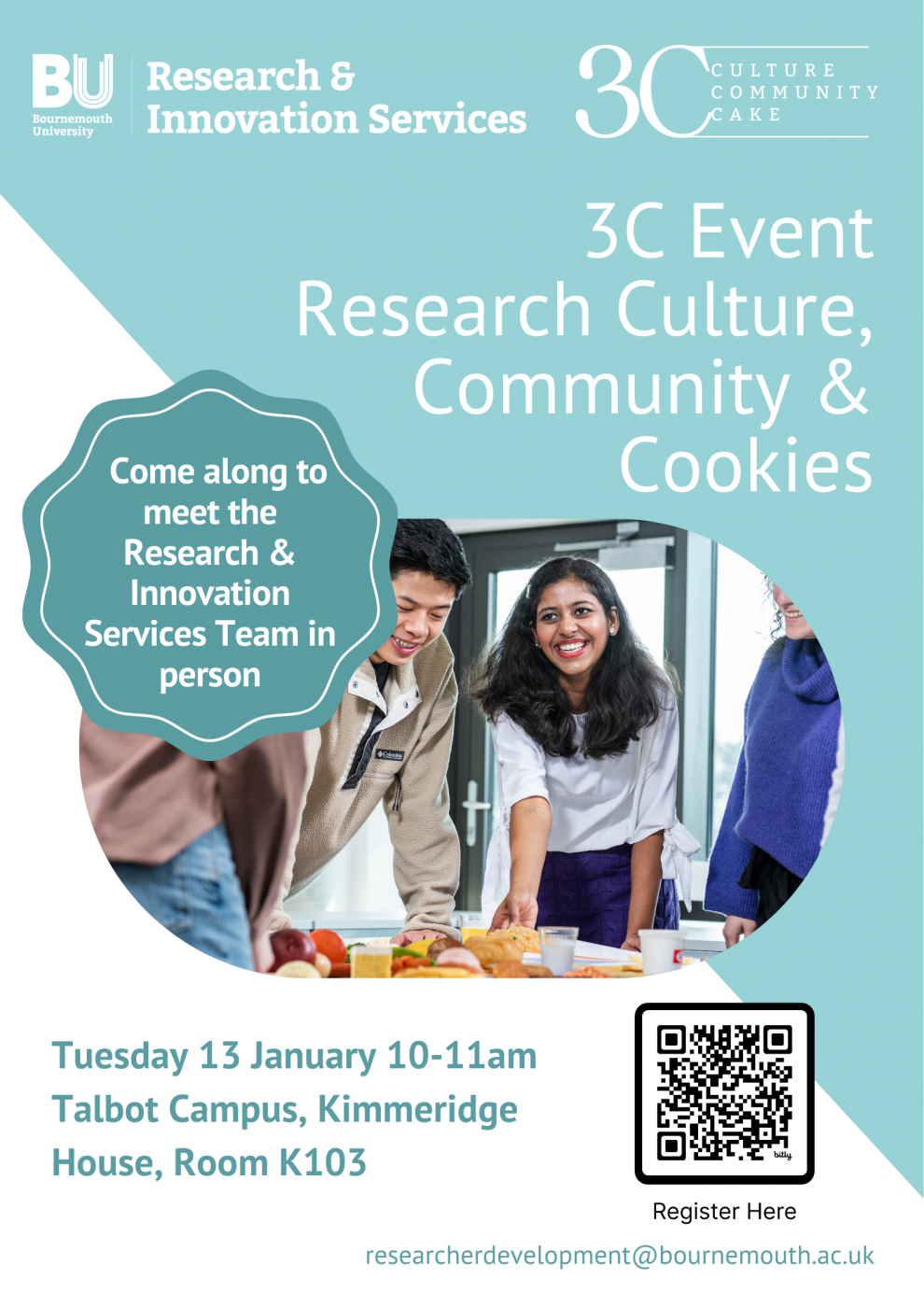




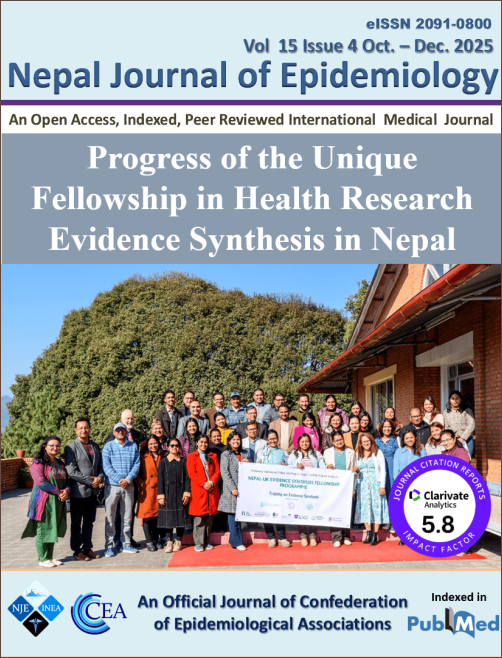
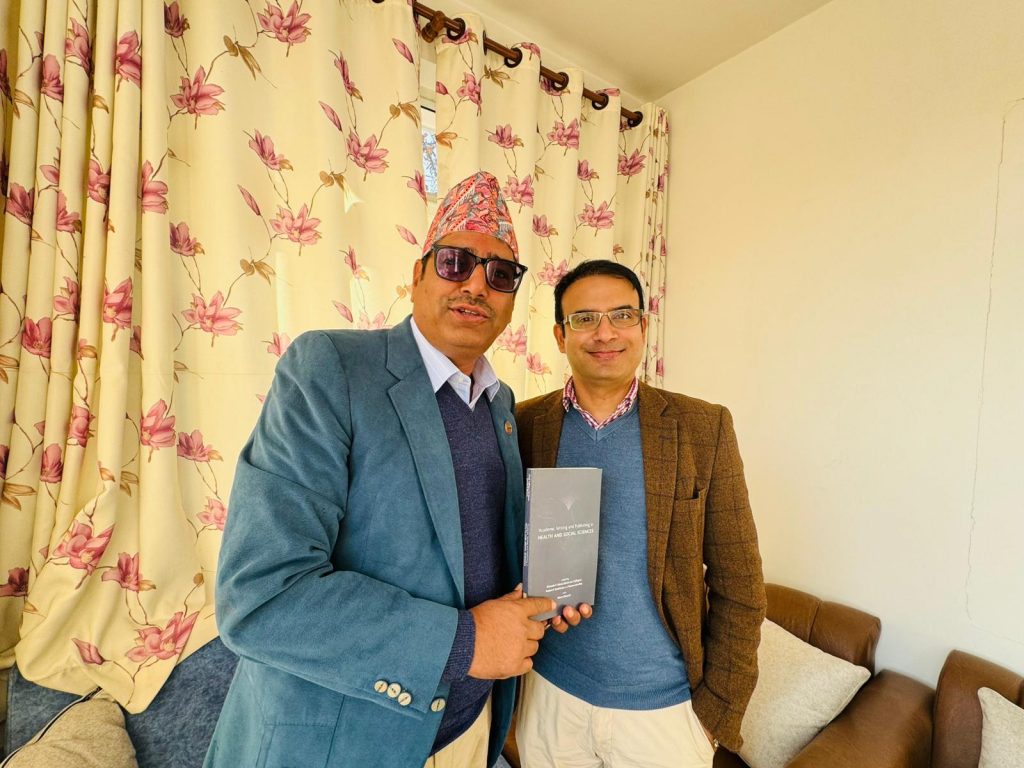

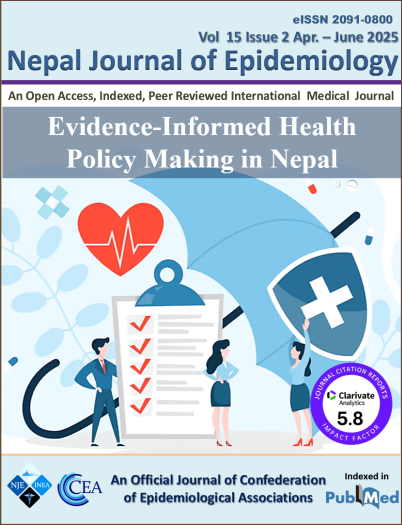
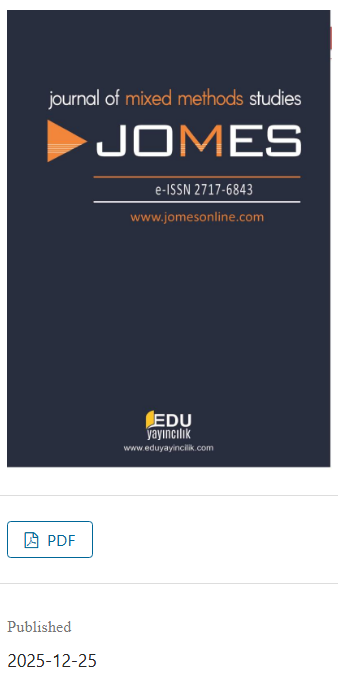

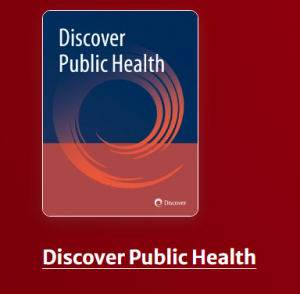
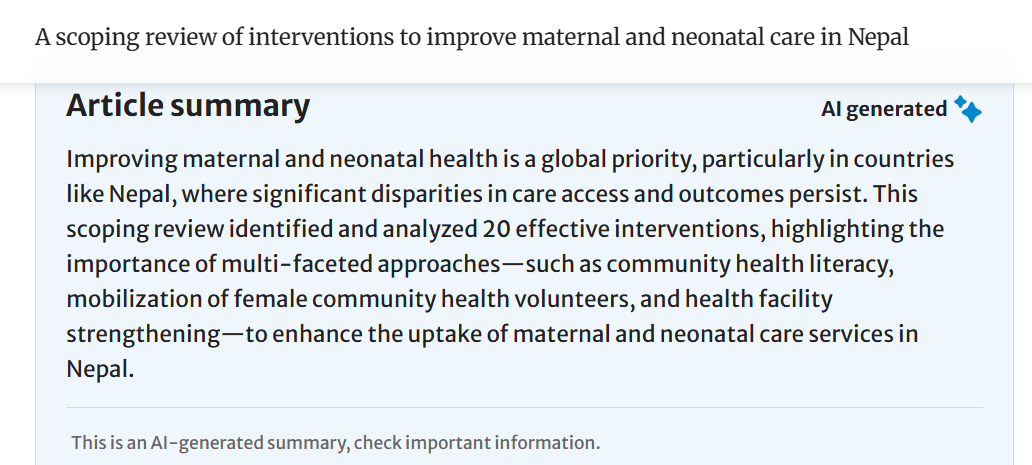
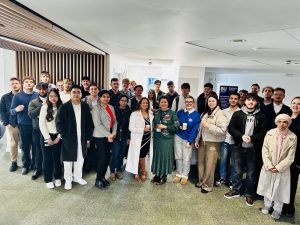
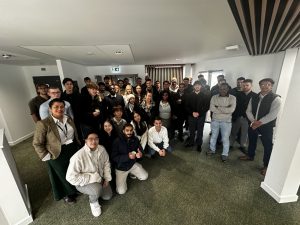
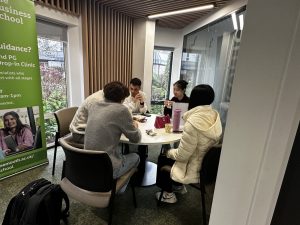
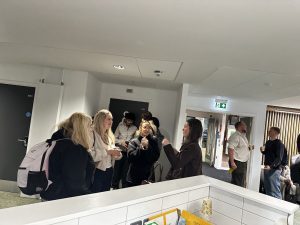
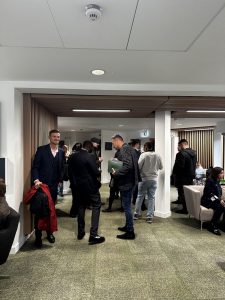
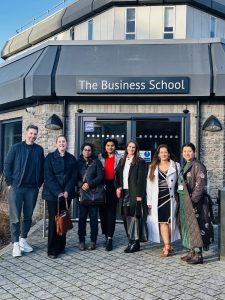
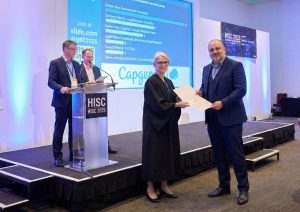











 From Sustainable Research to Sustainable Research Lives: Reflections from the SPROUT Network Event
From Sustainable Research to Sustainable Research Lives: Reflections from the SPROUT Network Event REF Code of Practice consultation is open!
REF Code of Practice consultation is open! BU Leads AI-Driven Work Package in EU Horizon SUSHEAS Project
BU Leads AI-Driven Work Package in EU Horizon SUSHEAS Project ECR Funding Open Call: Research Culture & Community Grant – Apply now
ECR Funding Open Call: Research Culture & Community Grant – Apply now ECR Funding Open Call: Research Culture & Community Grant – Application Deadline Friday 12 December
ECR Funding Open Call: Research Culture & Community Grant – Application Deadline Friday 12 December MSCA Postdoctoral Fellowships 2025 Call
MSCA Postdoctoral Fellowships 2025 Call ERC Advanced Grant 2025 Webinar
ERC Advanced Grant 2025 Webinar Update on UKRO services
Update on UKRO services European research project exploring use of ‘virtual twins’ to better manage metabolic associated fatty liver disease
European research project exploring use of ‘virtual twins’ to better manage metabolic associated fatty liver disease